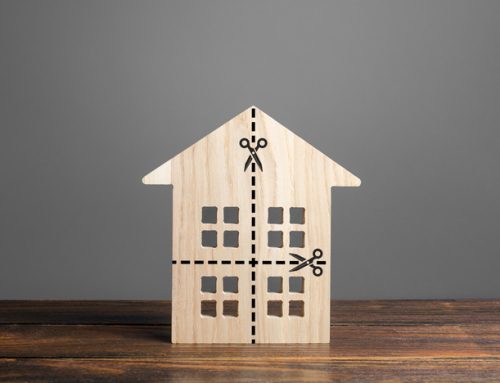In an instant, a life changes. What was once a normal day of commuting, working, or simply existing can turn into a fight for survival and recovery. This is the devastating reality behind what experts call a catastrophic injury.
According to the National Center for Catastrophic Sport Injury Research, catastrophic injuries are those that cause permanent disability, serious head or spinal trauma, or even death. Yet that definition—while clinical—barely touches the human cost that follows.
The Moment Everything Changes
Picture this: a family on a weekend road trip, a truck jackknifes on the highway, and in seconds, lives are rewritten. Catastrophic injuries don’t just break bones—they shatter futures.
Consider a recent headline in People Magazine: a man is suing Disney World over an alleged water-slide injury that left him with what doctors described as “permanent catastrophic injuries.” One moment of recreation became a lifetime of rehabilitation.
What “Catastrophic” Really Means
Legally, the word catastrophic means more than “severe.” It encompasses injuries so extreme that victims lose the ability to work, walk, or function independently. That includes spinal cord damage, traumatic brain injuries, severe burns, amputations, and multi-system organ failure.
Emotionally and psychologically, the toll is equally severe. Survivors face depression, anxiety, post-traumatic stress, and social isolation. And the financial fallout is staggering: according to the Christopher & Dana Reeve Foundation, the first year after a spinal cord injury can cost over a million dollars in medical and living expenses.
The Ripple Effects Beyond the Victim
Catastrophic injuries don’t just devastate individuals—they ripple through families, communities, and workplaces. Employers lose skilled workers. Children lose parents’ participation. Spouses become caregivers.
The emotional and economic burden extends far beyond hospital walls. As one recovery article on CatastrophicallyInjured.com explains, the “hidden costs” of catastrophic injuries include not only medical bills but also lost wages, long-term therapy, and the sheer emotional weight of adjusting to a new normal.
The Legal Crossroads
When catastrophic injuries happen, questions of liability become critical. Was it an unsafe work environment? A defective product? Negligence behind the wheel? In many cases, the difference between lifelong suffering and financial recovery comes down to experienced legal advocacy.
Lawyers specializing in catastrophic injury cases handle complex issues like medical testimony, expert reconstruction, and long-term damage projections. Early investigation and strong evidence can make or break a case.
A Final Word
Catastrophic injuries remind us that life can change in seconds—and that recovery is often a long, exhausting road. The headlines may fade, but the aftermath endures.
If you or someone you know has suffered a catastrophic injury, don’t face the fallout alone. Contact The Law Office of Randall J. Wolfe for experienced representation and a team that understands the lifelong impact of catastrophic injuries.





Leave A Comment